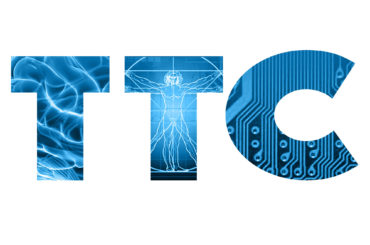Hamet Watt is the Founder and CEO of Share Ventures, a venture studio focused on creating companies that unlock human potential. With expertise in design, neuroscience, engineering, artificial intelligence, and growth, the Los Angeles-based studio raised $10 million this year and plans to build the infrastructure to discover, validate and scale startups. Watt, who is currently a Board Partner at Upfront Ventures and Senior Advisor to BCG Digital Ventures, has co-founded various companies including NextMedium, bLife, and MoviePass.
Hamet is a headline speaker at this year’s TransTech Conference Nov. 13-14. BOOK your ticket today!
What is Share Ventures?
Our investment thesis is executed through our venture studio model – we’re starting most companies that we fund. Our goal is to do anywhere from two to four companies at a time in a year and we’re entirely focused on what we call the human performance space. We’ve raised capital from venture firms, family offices and strategic individuals. They all share our belief in two things: the reimagination of company building, which we’re trying to realize through our venture studio model, and the disruption of some of these verticals that fit into the human performance or transformative tech space: mental health, nutrition, fitness, teaming in the enterprise. I think that there is an incredible opportunity for new innovation that has not been fully unlocked by the current entrepreneurial ecosystem. I also think that a good design-driven approach can really make a difference. Not all of the innovation has to be technical, much of it can be design innovation.
Where do you see opportunities in the human performance space?
Some of the areas that we’re focused on include fitness, which still doesn’t fundamentally address the biggest opportunity – engagement – especially when it comes to software approaches to fitness. Why? Because it’s hard and we don’t like things that are hard as humans. So I think it’s a really exciting challenge to tackle. Mental health is another one. The destigmatization has started as it transitions into brain health, but I think we are very early in those days. Applying some behavior change principles to mental health presents a very interesting and powerful opportunity. And in education we are seeing a lot of forced reimagination and forced resets, which create a lot of opportunities.
What’s the most interesting trend you’ve noticed this year?
If I had to sum it up into one thing, it’s significantly more intentionality around everything. For example, the bar for going into the office is continuing to get higher. We think of the future of work and we break that down into things like teaming and culture at work. And what is that going to look like in the future? What are the new tools? What are the new frameworks? What are the new technologies that will dramatically change the way that we work and interact with each other at work, just to name a few. What are those top 10 things that are most intentional I want people to come to the office for? Do I want to get people in one place to collaborate, connect as humans, come up with breakthroughs, have more empathy for the customer? Those are more elevated, more intentional outcome goals that go beyond, “I just need to see your face to know that you’re working.” Each one of those outcome goals represent themes for new enterprises.





